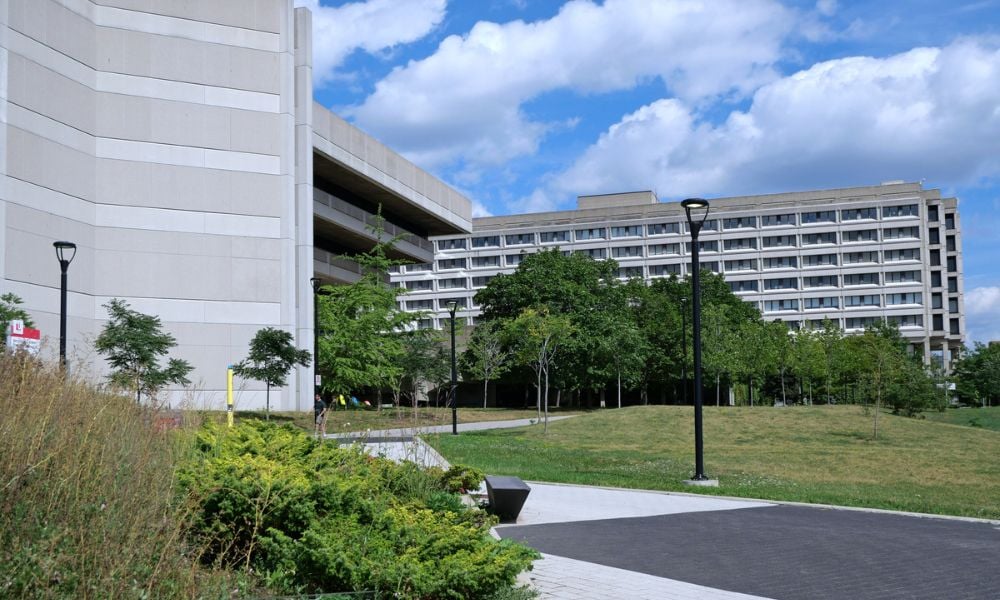
Lawyers could use the portal's legal data to create 'targeted' legal arguments

Osgoode Hall Law School's Refugee Law Lab has launched a new online application that could provide lawyers with critical legal data to improve their chances of winning refugee protection cases.
Launched on March 27, The Refugee Law Lab Portal (RLLP) provides lawyers with easy access to legal analytics derived from all Immigration and Refugee Board (IRB) decisions and judicial reviews of IRB judgments by the Federal Court. By providing targeted legal arguments, lawyers can use the portal's legal data to improve their clients' chances of winning refugee protection cases.
Refugee Law Lab director Sean Rehaag said that lawyers could use the portal's legal data to create "targeted" legal arguments, just as a doctor would use targeted medications to treat a patient's unique symptom profile.
"When lawyers appear before decision-makers, they often don't know who the decision-maker is until they walk into the room, so this can give them a quick way to understand some information about the decision-maker," Rehaag said. "If you know you have someone who is never going to grant refugee protection, then your job as a lawyer is to get a review. By contrast, if you have someone sympathetic, you might want to let the process roll through without interruption to keep the decision-maker on board."
Rehaag said that most of the work in creating the Refugee Law Lab Portal has gone into compiling the data, including developing a sophisticated, cloud-based Internet scraping tool to extract data from Federal Court dockets continuously. He hopes the portal's legal data could help level the playing field for lawyers and stimulate additional research into Canadian refugee law by other organizations.
The Refugee Law Lab plans to expand the portal to provide additional information, including cases that decision-makers often cite in their decisions. The portal is free and offered in an easy-to-understand format while at the same time protecting privacy.
"I think it's a good example of taking academic funding for research and transforming that research so it's more accessible and useful for practitioners," Rehaag said. "Lawyers are not always comfortable engaging with data."
The three-year portal project is currently in its second year and is funded by the Law Foundation of Ontario. The Refugee Law Lab receives funding from the Social Sciences and Humanities Research Council (SSHRC).